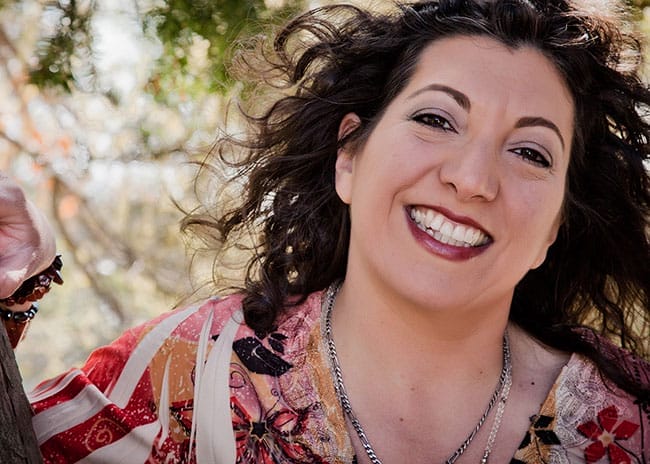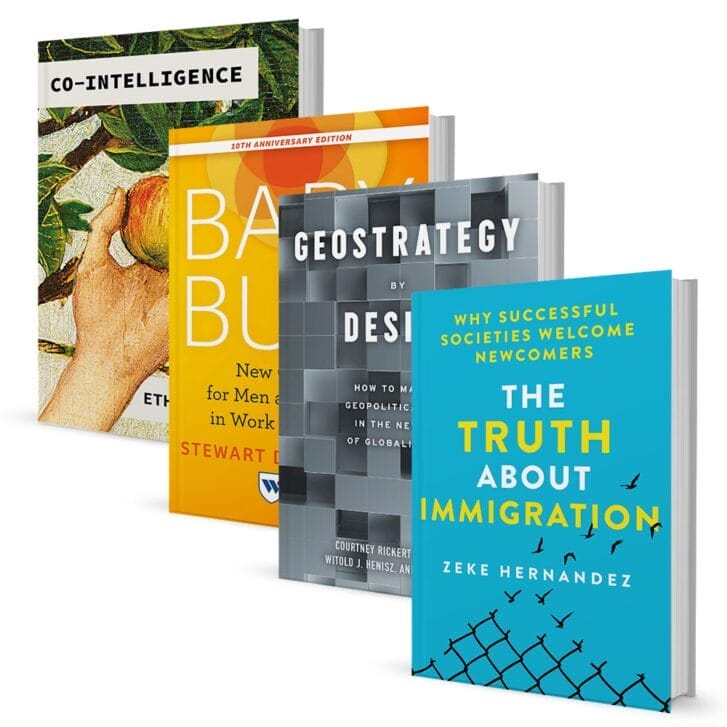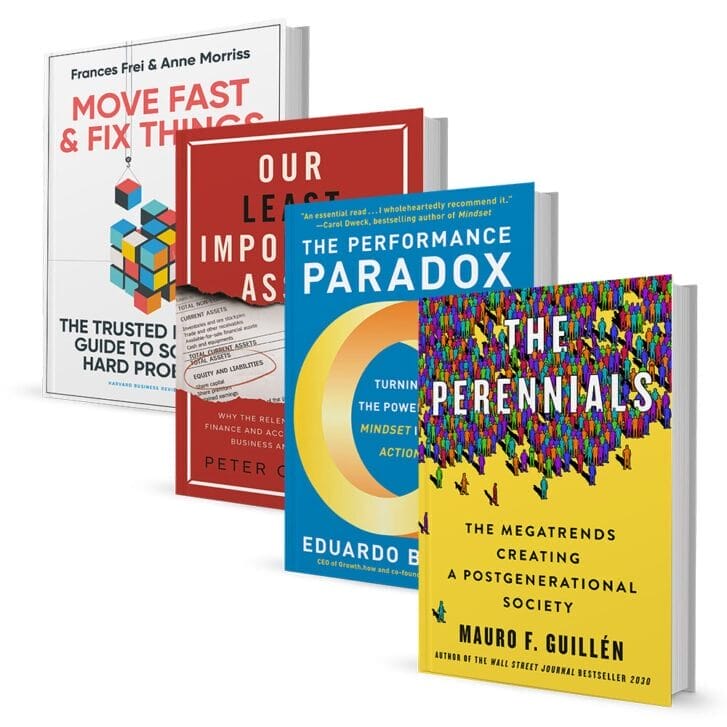Just saying, “I’m a Wharton grad” still feels like a dream, a fantasy, a complete impossibility, and yet, it is the truth. I matriculated into Wharton after completing an associate’s degree with Penn’s College of General Studies.
As an employee of Colonial Penn Life Insurance Company back in 1989, I was delighted that the University of Pennsylvania had partnered with the company to offer “The Penn Program.” It was a benefit to employees who wanted to continue their education but were faced with the obstacles of time and money. Penn and Colonial Penn made it as easy as possible by allowing employees to gain access to this amazing and prestigious school by passing one non-credit English class. The company paid the tuition, and the instructors, Penn professors, made a commitment to come to our training classrooms to teach. The only expense I had were books. (You would think every single employee would take advantage of this once in a lifetime opportunity, but they didn’t.)
Once I was in the program, I spoke to everyone I knew at the company to urge them to start taking classes. Most met me with a look that said, “Are you kidding?” In my gut I knew this was a gift from God. You just don’t get invited into an Ivy League school every day, and especially someone like me who was an average student in high school with no idea what it would take to get into college.
As a female, I wasn’t expected to do much more than get a job, get married and start a family. College was never discussed in our household. My parents didn’t understand the value, or not at least for a girl. My parents were from a very different generation. Born in the 1920s, they were raised during the Great Depression. My father fought in World War II, and my mother grew up on a farm, working during the summer picking vegetables in Southern New Jersey. They were blue-collar people, children of Italian immigrants. I was the youngest of seven children.
When I was attending classes at night through the Penn program, the curriculum was set up so that we would receive an associate’s degree in Social Science. My father used to ask me, “Well, what will you be when you graduate? A doctor? A lawyer?” I tried explaining that a college education is a gateway to anything you want to do and that it was valuable in and of itself even if I didn’t come out “as something” identifiable like a doctor or a lawyer. He just shook his head and thought it was a huge waste of time.
It took me four years attending classes at night and working full-time during the day to complete the degree. At the time, I was working as a supervisor in the interest-sensitive products division at Colonial Penn, and I really wanted to be in the marketing department. The idea of being creative seemed to draw me toward that part of the company, and after years on the service side, I wanted to see what life was like on the front end.
Realizing I needed a bachelor’s degree in marketing, I asked to matriculate into Wharton. I foolishly thought that my associate’s degree was half of a bachelor’s degree. When I found out that I could only use about four of my completed Penn courses toward my bachelor’s requirement, I balked, thinking, “This is going to take me forever.” But that didn’t stop me. I was 29 years old at the time and was thinking that I would be almost 40 by the time I graduated. It did take me 11 years to complete my bachelor’s degree.
In all that time I was still working full time. I had two children and aging parents who required more and more attention and care. I had changed jobs, taken student loans, was unemployed and then self-employed, then went back to corporate America one final time. My dedication to the degree waivered only once—when I took off a semester thinking I wanted to do website design and attended Gloucester County Community college and learned HTML and Visual Basic programming. There was always a nagging feeling that I didn’t really know what I wanted to be when I “grew up,” and so I had no focus. Without focus, we simply drift from one thing to another expecting the work itself to fill in the empty spaces.
In July of 2005, I took a sales job with a company that brokered health insurance to small and midsize companies. We had six weeks of intensive training in a classroom from 8:30 a.m. to 6:00 p.m., then I would rush off to Wharton two nights a week for my evening classes. I had only two classes left, and of course I saved the most challenging for last!
One was Marketing Strategy with professor Terry Oliva (who passed away in 2010). It was like coming full circle as I had Professor Oliva for Marketing 101 so long ago. The stress of the new job was unbelievable and at the same time, my father was diagnosed with mesothelioma, the cancer caused by asbestos exposure. He only had months to live.
In that final class, my team of classmates was so supportive. We’d have conference calls at night to work on our team project and meet up on weekends to finalize everything. I don’t know where the energy or stamina came from, but it was incredible. I remember sitting with them in a computer lab and just breaking down in tears. When they asked me what was wrong, I told them my father was dying. We all hugged and they reassured me we’d get through this together. Dad passed away the day after Christmas 2005 and my degree was completed at the same time. I walked in the 2006 procession to receive my degree, which to me has become a badge of honor. I wear it proudly.
I know that compared with some of the stories I’ve read in the Wharton Effect series, my story isn’t about achieving great wealth or position or title. But what it speaks to is the tenacity of the student—that no matter where you come from, or what your level of education is coming into the program, Wharton will mold you into the kind of person that can change the world.
What Wharton did for me was expose me to a world of opportunity, to amazing people and challenging teachers. Through Wharton, I grew into a sense of myself as an intelligent and very creative contributor. I found self-worth, self-confidence and a sense that I can do anything at all in this world.
I now run a small cleaning business called Ivy League Cleaning, and it gives me so much freedom and joy, I feel like I’m dreaming. I also discovered after my father passed away that I have spiritual gifts. Yes, I know we don’t talk about this kind of thing in the mainstream, but I also have a thriving practice as a spiritual counselor and professional psychic. I host a weekly Internet radio show called “Talk-N-Angels” on blogtalkradio.com. I am a teacher and a speaker helping people realize they are so much more than what they can see on the outside. I know now that my father understands and he is so very proud of me. I am in a constant state of bliss—yes, truly happy to my core!
Wharton is my credential. When people know that I am a Wharton grad, they sit up and pay attention. That’s where the Wharton Effect is so powerful, in the attention it affords to those who carry this pedigree. I may not have entered Wharton through the usual paths. I would have never even been considered a viable candidate. My graduation from the program also coincided with the end of the evening bachelor’s degree programs at Wharton, so I was one of the last graduates to have the honor of achieving my degree while working full time and attending classes at night.
This great achievement was made possible through a combination of timing; good luck; amazing friends who helped me find my footing at Wharton and the endless hours of study and project work; the support of my husband, Bill, who took care of my children when I couldn’t be there; and the teachers who inspired me to dig a little deeper. I love Wharton, and I thank you for this opportunity to share this story.
This article was published as part of Wharton Magazine‘s “Wharton Effect,” a series with tales of the School’s profound impact on the lives of alumni.


























